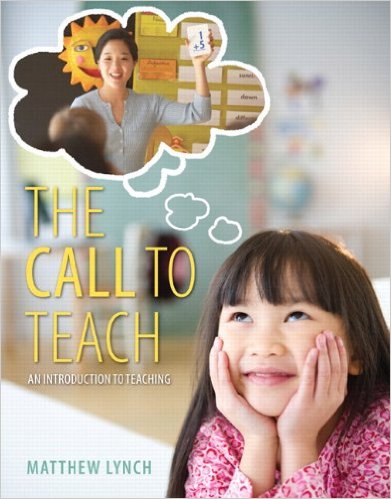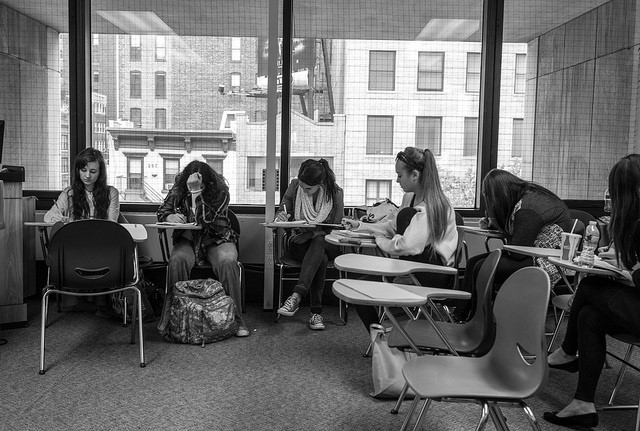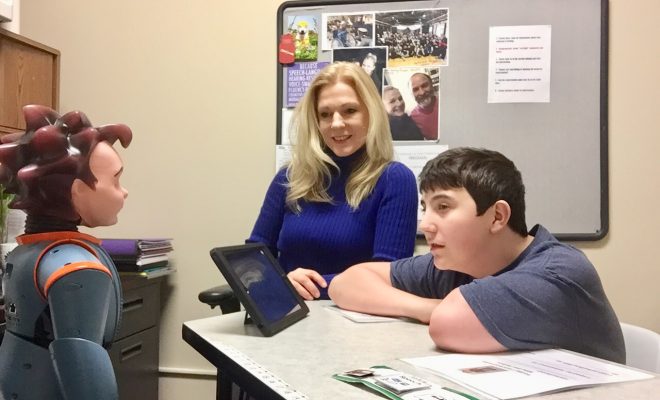Boys, Girls and K-12 Classroom Gender Bias

By Matthew Lynch
If you think back to your own days as a student in the classroom, you may be able to recall particular times when you noticed a difference in the way boys and girls were treated by the teacher. Whatever your own gender, you may have felt like you were punished more harshly, expected to do more, or even completely ignored as a result. Different treatment of the genders in K-12 classrooms is certainly not something that teachers do purposely but the subtle ways that girls and boys are treated differently has an academic impact later on.
Research backs up the theory that there are many differences in the way boys and girls are treated in the classroom, Teachers tend to pay more attention to boys than girls by having more interactions with them. They tolerate behavior in boys that is not tolerated in girls, and tend to provide boys with more criticism and praise. Differences in the extra attention given to boys are due in part to the fact that boys simply tend to demand more attention, while girls tend to be quieter and more reticent. Boys not only tend to dominate classroom discussion, but also access and use computers and technology more often than girls.
Gender representation in textbooks and other educational material is also problematic. This has improved greatly over the past 30 years, but is still a problem. Educational materials still portray women as being more helpless than men, and stereotyping, tokenism and omission are still prevalent.
The types and levels of courses predominated by males and females continue to differ as well. Boys are still more likely to enroll in mathematics, science and engineering than girls and are more likely to take advanced courses in these subject areas. This enrollment pattern is not true for biology, English and foreign languages, where girls tend enroll in more advanced courses. Overall, women are underrepresented in professions that center on mathematics, science, engineering, medicine, and business leadership.
Hasn’t there been some progress though?
There are those who believe gender bias no longer exists. Proponents of this perspective contend that boys are not more accommodated than girls in the classroom. They suggest that in actuality, boys’ needs are often overlooked, as they learn best when they have more frequent opportunities to get up and move around, and engage in classroom debates– classroom activities that are often discouraged.
There is also a strong focus on the fact that the gaps in education levels between boys and girls have virtually closed since 1970 and now, even though they still lag behind boys in mathematics and science, girls in high school do better than the male students in reading, writing and other academic subjects, earn more credits, are more likely to get honors, and are more likely to further their education at colleges or universities.
While it might be argued that it is difficult to see gender bias in schools, there can be no question that in terms of money earned there is a gender bias in the work force. The average earnings of women with a high school diploma is 85 percent of that of men with the same level of educational attainment, and that figure drops to 80 percent for college graduates. This means there is a level of gender bias, even if it is somewhat hidden in the school system. Gender bias is evident as students move into the workforce. Men are more likely to be given jobs with higher status and higher salaries than women.
So the problem of gender bias as it relates to success is one that extends well beyond K-12 classrooms, but it certainly originates there. As teachers become more aware of the ways that their actions impact the long-term success of their students, gender interactions will likely improve and equalize. It is just a matter of being willing to change traditional classroom models and interactions for the betterment of all students – regardless of gender.






